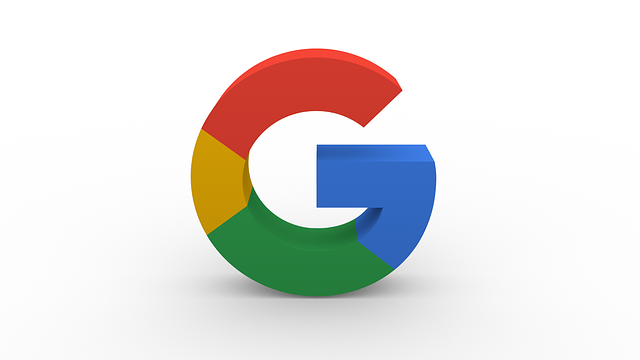On 3rd September 2020, Google urged the European Commission to bring flexibility to the upcoming Digital Services Act. Google further said that one single rule book is hard to fit all and thus amendments should be made accordingly. On 8th September 2020, the public consultation period on this matter ends. Google made a 135-page submission urging the European legislature to bring more clarity to the rules and regulations of the online platforms.
Why a new strategy?
On 1st July 2020, the new rules by the European Union to boost competition rolled out mostly because of losing Google’s market grip. The main reason to set a new rule book was the conclusion of multiple antitrust actions against Google proving ineffectual. The new Digital Rule Book set by the EU mainly focuses on two things- laying ground rules for data sharing and how the digital marketplace should operate.
Margrethe Vestager, digital chief of EU and top antitrust enforcer informed Reuters in June that the new rule book has been set up to prevent history from repeating itself. The nation doesn’t want to witness what happened with the Google cases and wants to boost competition at the same time. Google didn’t choose to reply in response to this statement.
Many actions have been taken on the operations of Google’s search engine, its OS on the Android mobile, and advertising business-related to anti-competitiveness. The rivals of the company have said that they are yet to see more competitors. So, in response to all these cases, the U.S. antitrust enforcers are preparing a case against Google. Moreover, the Digital Services Act of the EU can force the giant tech companies to give access to data under certain conditions to their small rival firms.
Why did Google ask for clarity and flexibility?
After the EU has decided to roll out the new set of rules, Google asked to reconsider all the facts and operations of every company being different from others. It said that though it is important to identify and put a stop to all the illegal contents, the mandating use of technology can “overblock Europeans” which is a very big negative point.

New rules should come with new features that will improve the current situation, filter the content judiciously, etc. The company further said that the rules should be laid out in such a manner that it will get rid of the extra burden of undue costs from European businesses. Because in the time of the pandemic, that is the least desirable thing for any nation.
Companies other than Google
But, is it only Google that has fallen victim to this unhealthy situation? The new template formed by the EU will become a very good example for other governments around the globe on how to tacitly rein in companies like Apple, Amazon, and Facebook. It seems that after Google, Amazon and Apple are next in line.
Targeting unfair contractual terms will harm Amazon if the investigation is carried out for the company against a dual role. One for the digital marketplace for its customers, and second as a competitor against other traders. Apple might also suffer antitrust investigation by the EU after Spotify has raised complaints about unfair curbs on its music streaming platform and a 30% fee for its in-app purchase system. Both Amazon and Apple declined to comment on this matter.
Imposing DSA will endanger the reputation of Facebook as the Digital Services Act focuses mainly on catching the frauds earning money through false advertisements. There are many business advertisements on the web that makes high profit by providing false information. So, it is clear that the EU Commission is hell bound to lay strict rules which will not only affect Google but the topmost companies of the 21st century to date. In response to rolling out the Digital Rule Book, a Facebook spokesman said that the company is supporting the EU for laying off “a harmonized EU framework” that will help in content regulation.
In a nutshell, some of the biggest companies have been placed in the EU crosshair and both the offender and the defender will try their best to keep a better part of their negotiation. But, one thing is for sure that the U.S. Department of Justice is expected to file a case against Google soon.

Annasha Dey is an NIT student, who apart from studying engineering is also a content writer. She has a great interest in photography, writing, reading novels, and travelling as well. She is a foodie who loves socializing and hanging out with her friends. She is also a trained Kathak dancer and a big fashion enthusiast. Dey also loves watching TV series, which includes F.R.I.E.N.D.S. and Big Bang Theory. To be a better writer she prefers to read more
